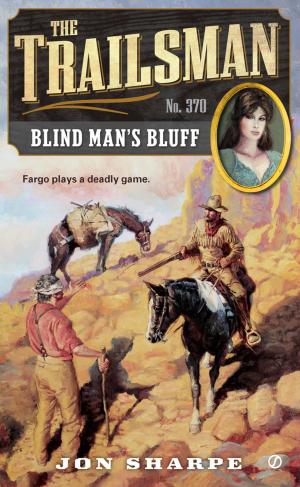Soldier in the Downfall
A Wehrmacht Cavalryman in Russia, Normandy, and the Plot to Kill Hitler
Nonfiction, History, Military, World War II, Biography & Memoir, Historical| Author: | Rudolf-Christoph von Gersdorff | ISBN: | 9780977756360 |
| Publisher: | Aegis Consulting Group, Inc. | Publication: | April 4, 2013 |
| Imprint: | The Aberjona Press | Language: | English |
| Author: | Rudolf-Christoph von Gersdorff |
| ISBN: | 9780977756360 |
| Publisher: | Aegis Consulting Group, Inc. |
| Publication: | April 4, 2013 |
| Imprint: | The Aberjona Press |
| Language: | English |
To his close associate, Baron Rudolf-Christoph von Gersdorff, Henning von Tresckow said, "The world has to be set free from the biggest criminal of all time. He must be struck down dead like a mad dog who threatens all mankind!" Gersdorff and Tresckow were among the men whose moral courage drove them to resist the National Socialist movement and to attempt the ultimate - the assassination of its leader, Adolf Hitler. Gersdorff recounts the discreet recruitment of resistance members and his own failed attempt on Hitler s life on 21 March 1943. Over a military career that saw the end of cavalry warfare and the beginning of the atomic age, Gersdorff met the principal people in the German military. His honest account of some of Hitler s most "loyal" officers provides great insight into the resistance movement within the Wehrmacht. During Operation BARBAROSSA in 1941, Gersdorff served in Army Group Center as the intelligence liaison with the Abwehr. He reported the discovery of mass graves of thousands of Polish officers, which became known as the "Katyn Massacre." As chief of staff of the LXXXII Army Corps on the Atlantic Wall, when the main German force was threatened with encirclement, Gersdorff planned the Army s escape from the Falaise pocket, for which he was decorated with the Knight's Cross of the Iron Cross.
To his close associate, Baron Rudolf-Christoph von Gersdorff, Henning von Tresckow said, "The world has to be set free from the biggest criminal of all time. He must be struck down dead like a mad dog who threatens all mankind!" Gersdorff and Tresckow were among the men whose moral courage drove them to resist the National Socialist movement and to attempt the ultimate - the assassination of its leader, Adolf Hitler. Gersdorff recounts the discreet recruitment of resistance members and his own failed attempt on Hitler s life on 21 March 1943. Over a military career that saw the end of cavalry warfare and the beginning of the atomic age, Gersdorff met the principal people in the German military. His honest account of some of Hitler s most "loyal" officers provides great insight into the resistance movement within the Wehrmacht. During Operation BARBAROSSA in 1941, Gersdorff served in Army Group Center as the intelligence liaison with the Abwehr. He reported the discovery of mass graves of thousands of Polish officers, which became known as the "Katyn Massacre." As chief of staff of the LXXXII Army Corps on the Atlantic Wall, when the main German force was threatened with encirclement, Gersdorff planned the Army s escape from the Falaise pocket, for which he was decorated with the Knight's Cross of the Iron Cross.















